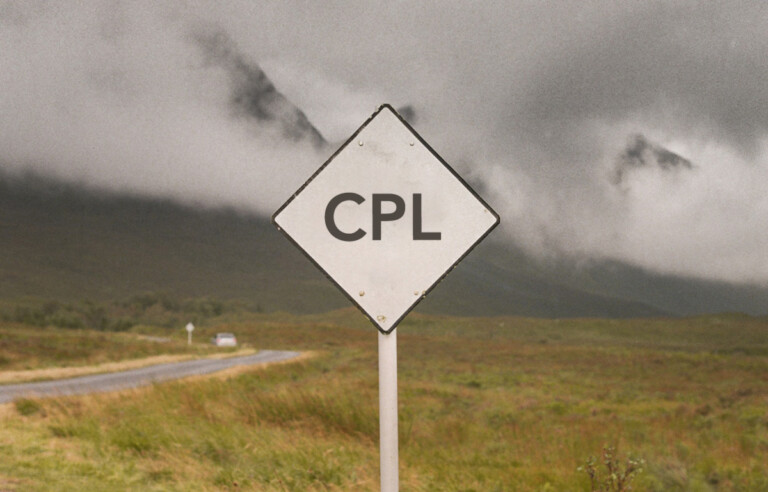
By Andrea Raso and Cameron Fox
In November 2021, British Columbia passed the Municipal Affairs Statutes Amendment Act, 2021 into law, making changes to the legislation that gives municipalities and other local governments across the province their powers. One notable change was the insertion of a requirement into the Community Charter that all municipalities in the province, within six months of a local election, decide whether to enact a “code of conduct” that regulates the activities of its council members with respect to each other, municipal staff, and the general public.
While the amendments do not expressly require municipalities to adopt a code of conduct, they do require that all municipalities consider doing so after every local election and, if the decision is made to not adopt a code of conduct, to issue a statement to the public setting out the reasons for that decision. As a result, a significant majority of municipalities and other local governments in British Columbia, including the three largest municipalities of Vancouver, Surrey, and Burnaby, have either already adopted a code of conduct, or are in the process of doing so.
An accompanying regulation, the Principles for Codes of Conduct Regulation, requires that a municipality consider the following principles when deciding whether to adopt such a code of conduct:
- Council members must carry out their duties with integrity;
- Council members are accountable for the decisions that they make, and the actions that they take, in the course of their duties;
- Council members must be respectful of others; and
- Council members must demonstrate leadership and collaboration.
Generally, a municipality’s code of conduct will take the form of a bylaw which sets out a number of general and specific expectations for the conduct of council members, and then sets out a process for the investigation and determination of alleged violations of those expectations. Investigations are usually performed by an independent third party retained by the municipality for this purpose, with the council as a whole then being left to determine if remedial measures are required following the completion of an investigation. Council members subject to an investigation are generally permitted to retain a lawyer to represent them in the investigation, and will usually be entitled to indemnification for their legal expenses by the municipality.
While no doubt enacted with the intention of improving the function and civility of local governments, the proliferation of municipal codes of conduct can present challenges for those governed by them. Everyone agrees in principle on the importance of values such as “respect” and “collaboration,” but the meaning of these values can be difficult to apply in practice to the rough-and-tumble world of politics. There is unfortunately a potential for municipal codes of conduct to be misused as a tool for litigating political disputes, and, even if a decision maker is ultimately cleared of any wrongdoing, the investigation process may be stressful, time-consuming, and provide ammunition for political opponents.
As a result, local government decision makers should investigate whether their jurisdiction has passed, or is considering passing, a code of conduct, and if so should carefully review its contents. Decision makers who have been subject to a complaint under a code of conduct should investigate their rights to retain and be indemnified for legal representation. If you are such a decision maker, or have questions about municipal codes of conduct generally, please contact the writers listed below:
Andrea Raso
604 891 7761
[email protected]
Cameron Fox
604 643 3906
[email protected]




